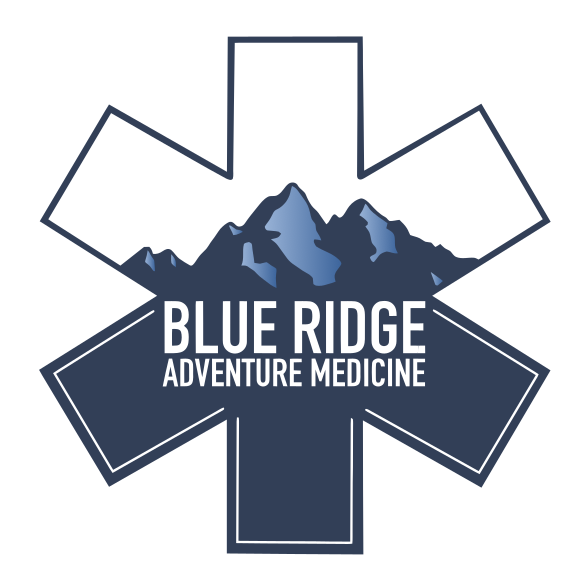Nepal Everest Basecamp Altitude Medicine Trek
Ever wanted to trek to the top of the World?
Learn about Altitude Medicine and tour the remote clinics in the Khumbu Valley as we trek to Everest Base Camp. This course is available to all health care providers and students.
Course Fee: $3200
Dates for the 2026 trek are March 29th- April, 22nd. Spaces are limited so please submit your information as soon as possible. Also please include your CV and a personal statement explaining why you would like to make this trek. We are preferentially accepting students, residents and fellows (Medical, PA, NP, Paramedic, etc.) however if space allows, we are open to all healthcare professionals.
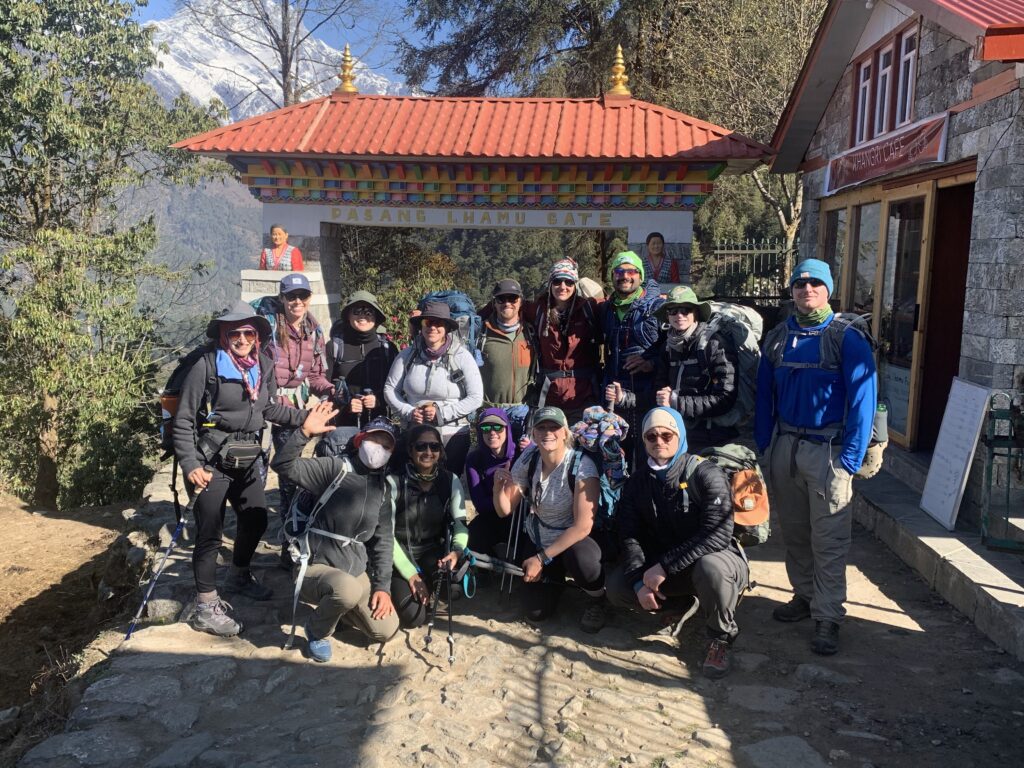
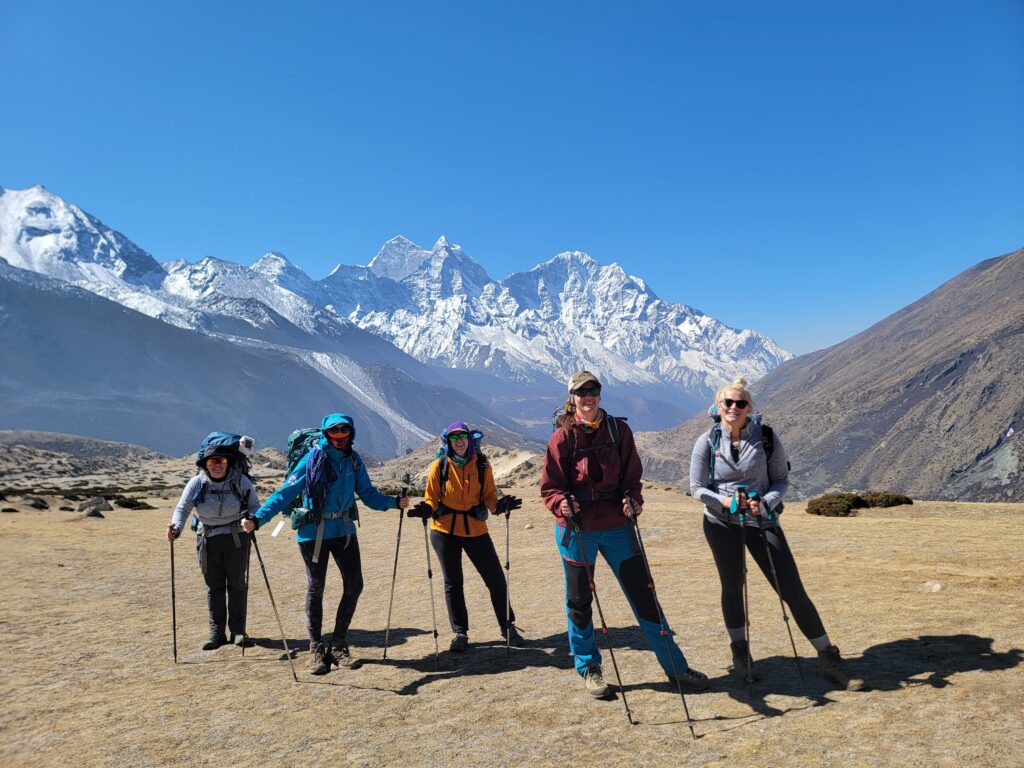
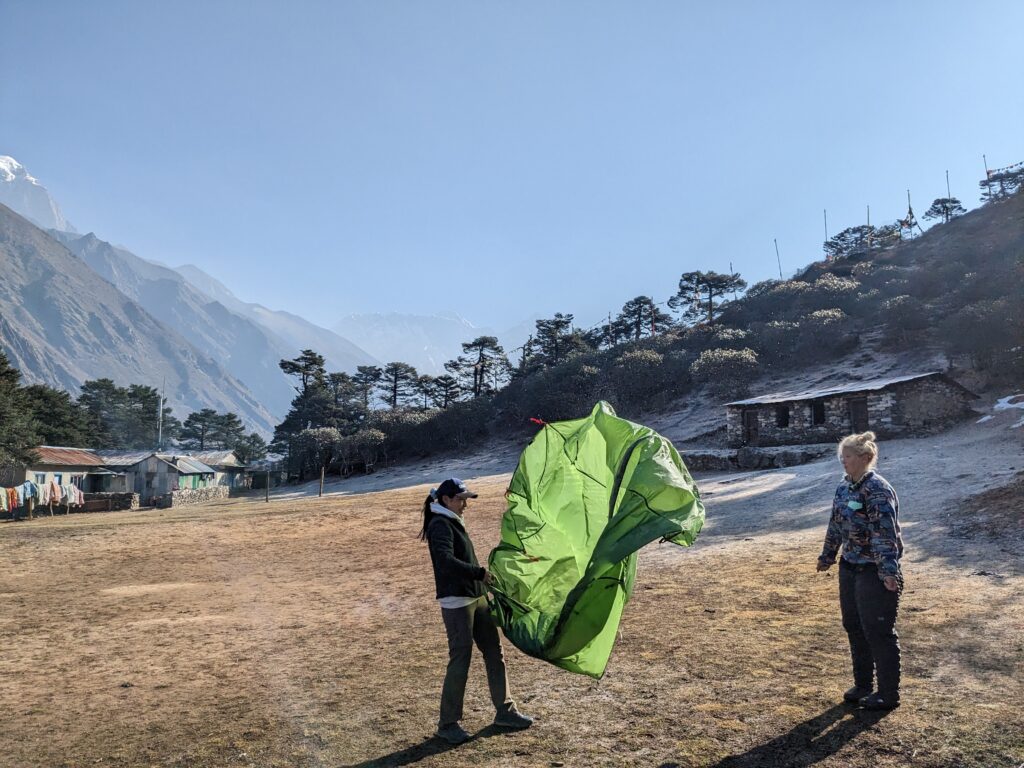
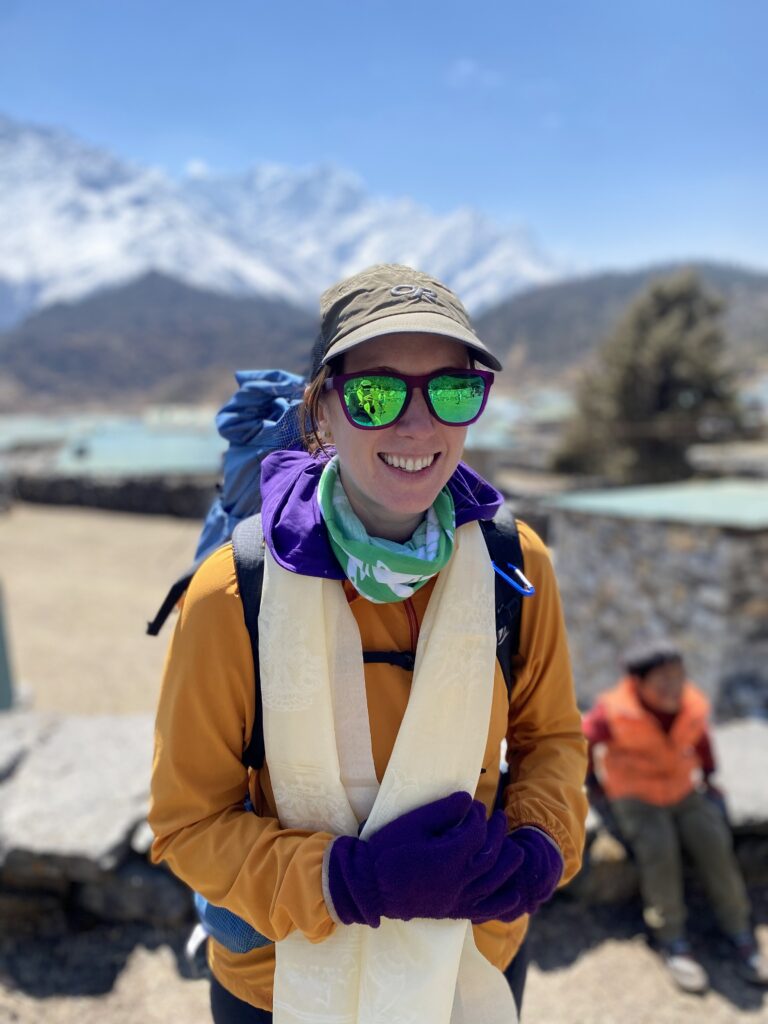
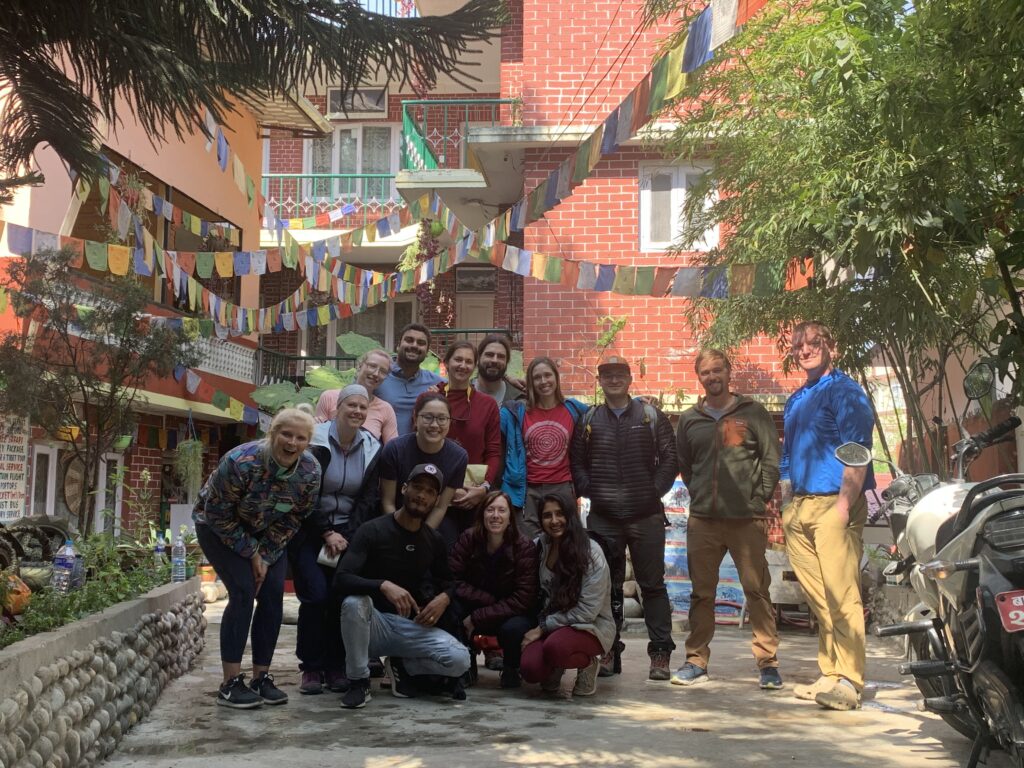
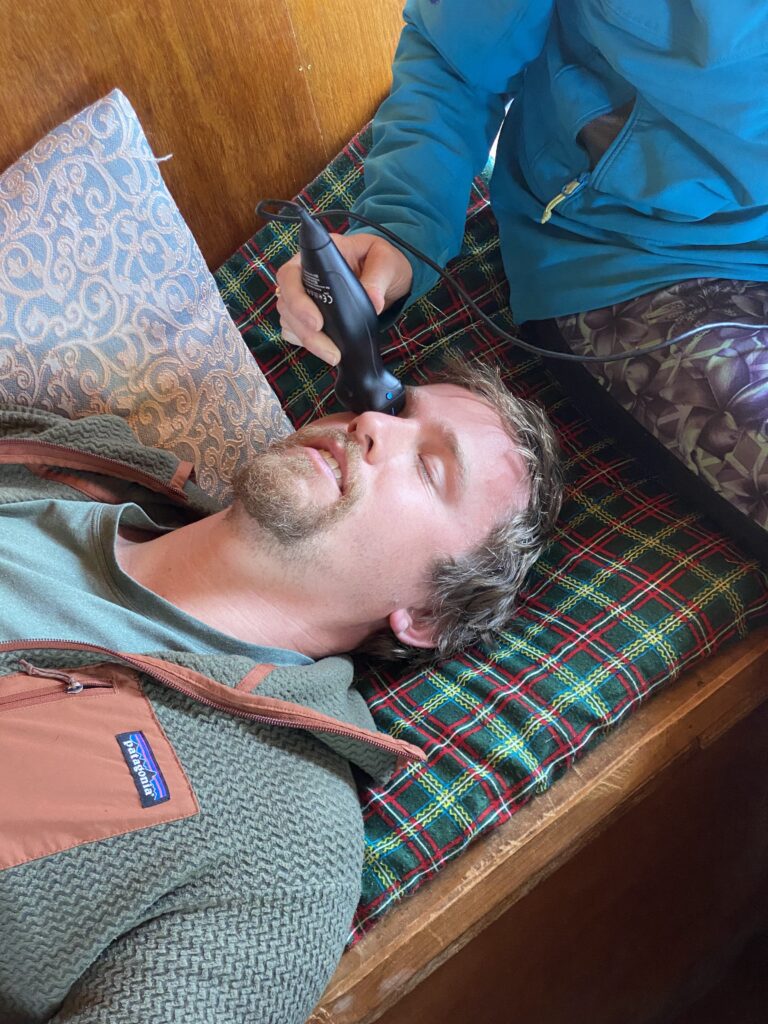
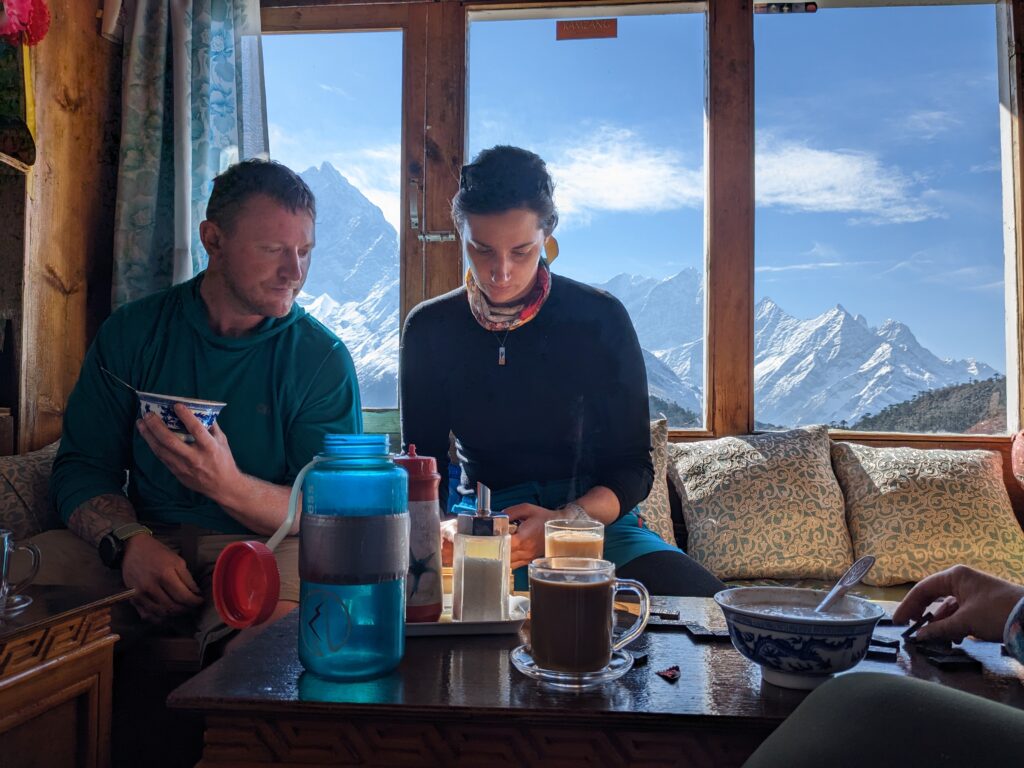
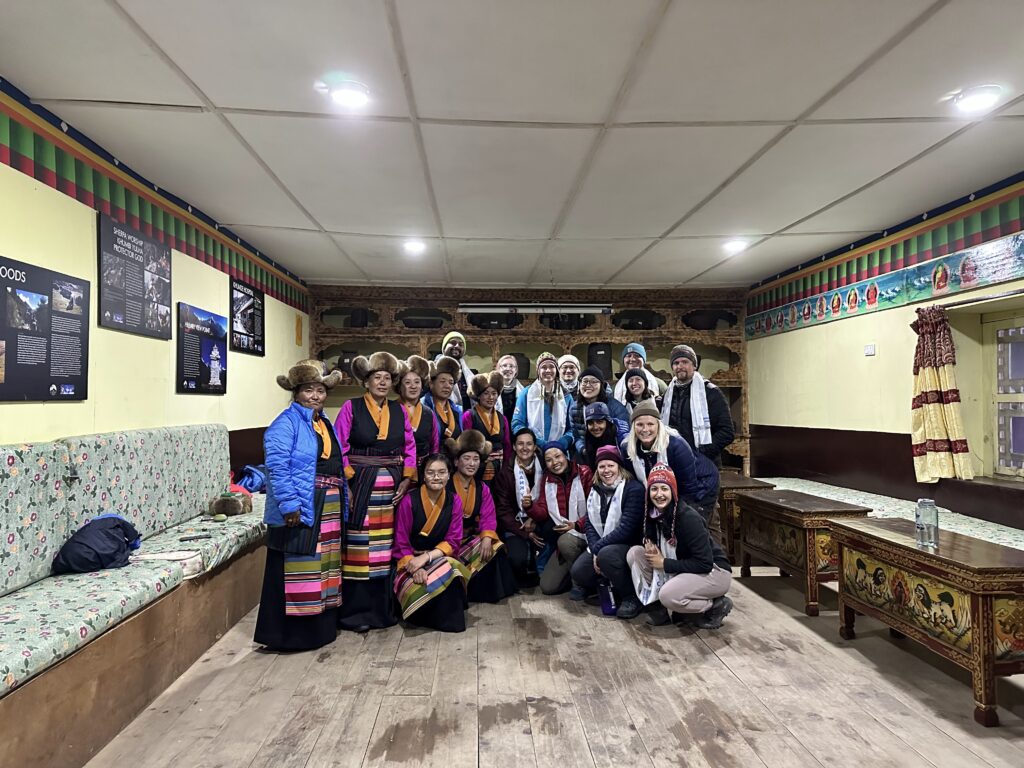
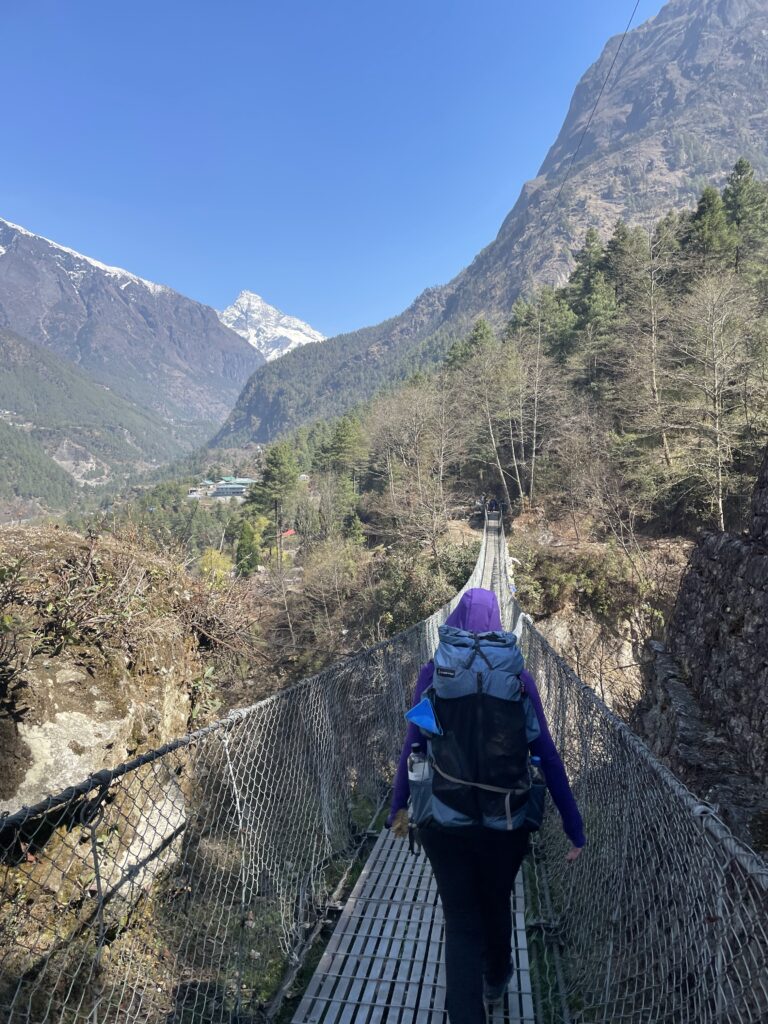
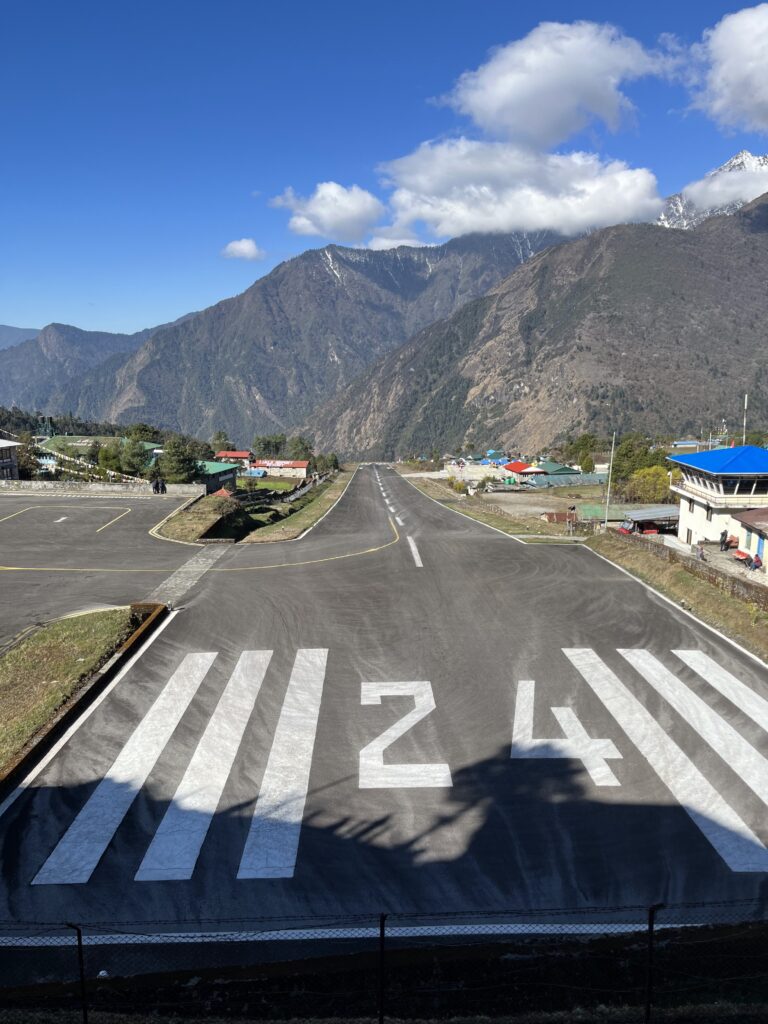
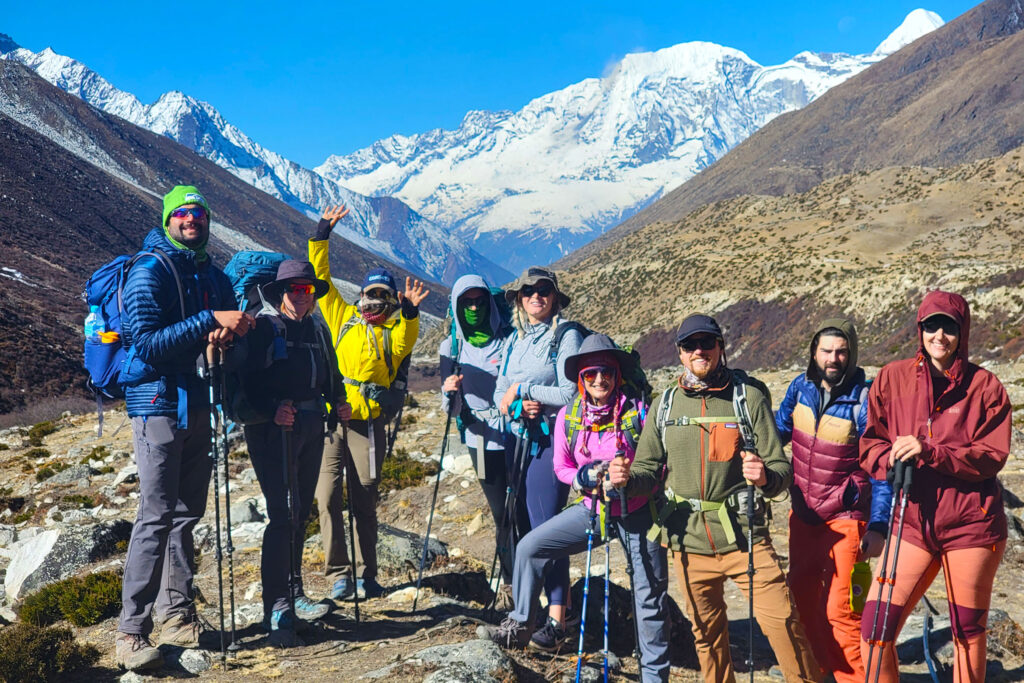
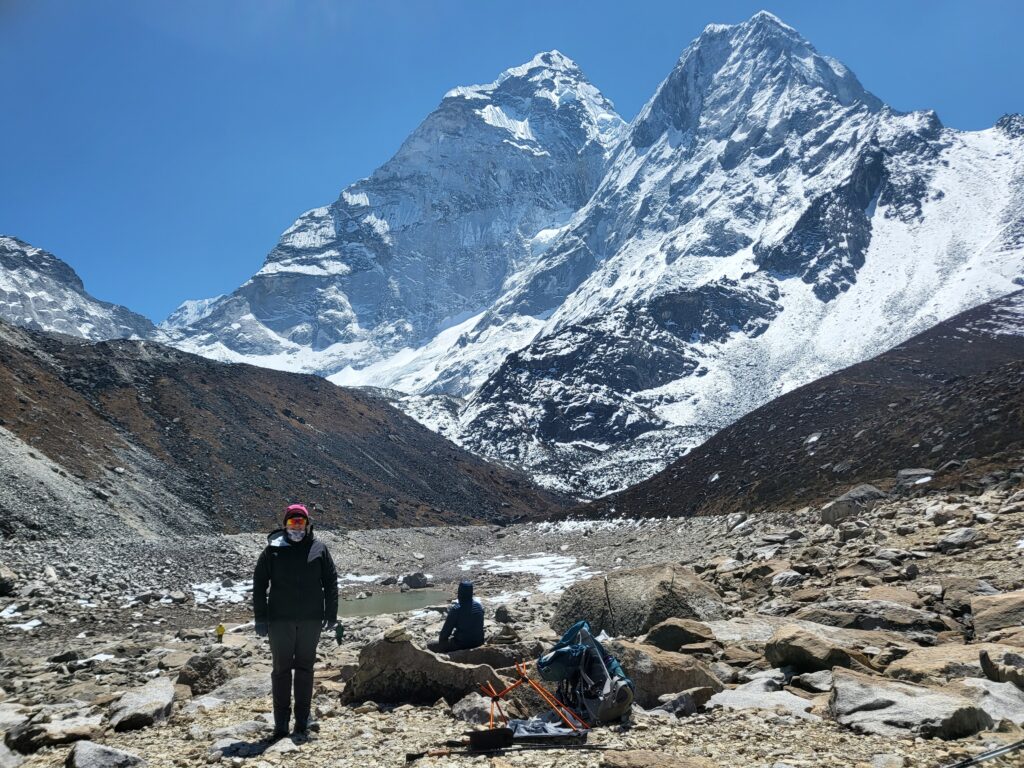
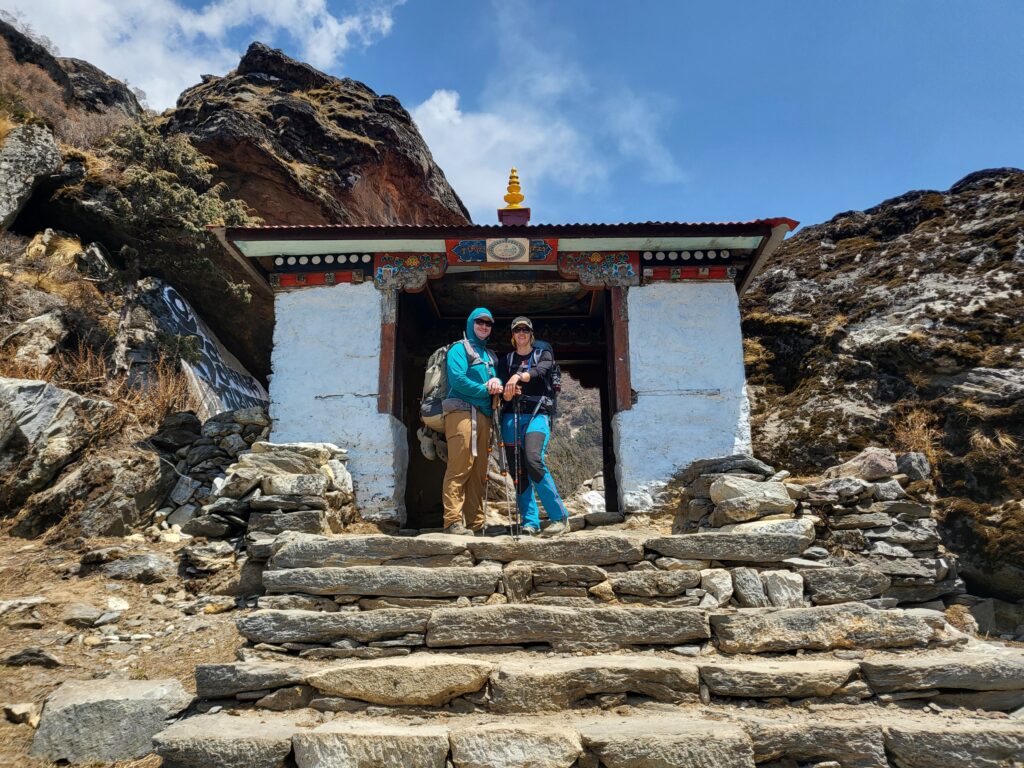
Course Description
This elective will focus on Altitude Medicine, a sub-specialty of Wilderness Medicine. This elective will be a 3 week immersive experience in which students will prepare for and trek to Everest Base Camp, visiting several of the rural medical clinics along the way. Students will learn about Altitude Physiology, Pathophysiology and Prevention of Acute Mountain Sickness. They will also have an opportunity to participate in, and help teach a wilderness medicine workshop to medical students from Tribhuvan Institute of Medicine in Kathmandu as well as a workshop for Sherpa guides and porters at Khunde Hospital. In addition, we also hold a POC ultrasound workshop at Grande International Hospital. The course will be offered in late Spring (April) during peak summit season for Mt. Everest, in which Everest ER is functional. Students will trek to Everest Base Camp and visit Lukla Hospital, Khunde Hospital, the Medical Clinic at Namche Bazaar, the HRA clinic at Pheriche,and of course Everest ER.
Clinical Preceptors:
Dr. Jessica Gehner
Prerequisite(s):
Clearance by primary doctor, approval of institution
Duration:
3 weeks
Course Objectives:
Demonstrate knowledge of physiologic changes occurring at altitude, including the pathophysiology of acute mountain sickness and related conditions
Prepare for a trek into high altitude terrain including compiling gear and a medical kit which includes items to treat and prevent altitude related conditions in the backcountry.
Teach Nepali Medical students from Tribhuvan Institute of Medicine as well as Sherpa mountain guides and porters basic wilderness medical first aid in a hands on workshop.
Discuss the Nepali rural medical system and the limited resources available at these remote location, this includes evacuation from the backcountry.
Detailed Course Description:
This course will be a totally immersive high altitude experience in which participants will learn about Altitude Physiology, Pathophysiology and Prevention of Acute Mountain Sickness. Students will prepare for a trek to Everest Base Camp (elevation ~5400m) in which they will travel 70 miles on foot in the gorgeous and rugged Himalayan Mountains of the Khumbu Valley. They will learn about expedition preparation, medical kit compilation, medical prophylaxis of acute mountain sickness, and management of medical emergencies in the backcountry.
On this trek, students will visit Lukla Hospital, Khunde Hospital, the Medical Clinic at Namche Bazaar, the Himalayan Rescue Association Medical Clinic at Pheriche and of course Everest ER. While in Kathmandu, students will also have the opportunity to participate and teach portions of a hands on Wilderness Medicine workshop with Medical Students from Tribhuvan Institute of Medicine.
Requirements for this rotation include clearance by the student’s primary physician, international travel insurance with evacuation insurance, and provision of basic backpacking and cold weather gear.
Details
Please contact Dr. Jessie Gehner for more information at jrgehner@carilionclinic.org
Includes:
Lodging/ camping fees
Flight to and from Lukla
Porter services as needed
TIMS and Sagarmatha National Park Fees
VTC Wilderness Medicine Course Fee/ Materials. Complementary 900 fill down jacket with BRAM logo
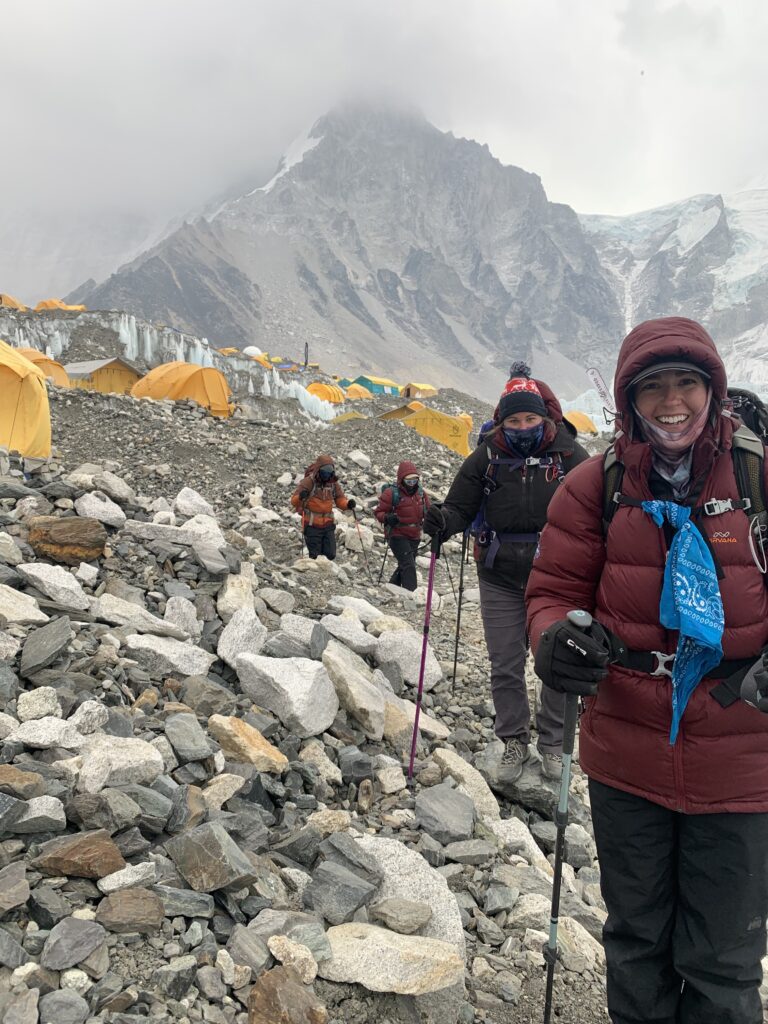
Not included:
Food/Drink
Flight to/from Kathmandu (usually $1500-2000 if bought early)
Visa ($50)
Taxi services to/from airport ( usually $8-10 per trip)
Gear
Gear Requirements:
(please contact jrgehner@carilionclinic.org with questions and to arrange sharing of certain gear items)
Cold weather bag ( 0F minimum– I carry a -20F, but I get cold.)
Tent
Sleeping pad
Stove ( can buy fuel in KTM easily, esp if you have a pocket rocket, jet boil or similar)
Water purification method ( I use chemical, Aqua Mira is my preferred, but whatever you feel comfortable with, I consider all water to have enteric pathogens in it!)
Food – can be bought along the way at tea houses, but if you have special dietary needs ( i bring protein bars, tea and a few other staples just in case)
First Aid Kit ( with any of your home meds, ibuprofen, diamox, dexamethasone, etc.)
Thermal base layer
Rain gear ( pants and shell)
Down or other insulated jacket
Warm hat
Buff ( for dust and face protection)
Sunglasses
Sunscreen
Toiletries ( recommend some type of biodegradable soap)
Hand sanitizer
Camera/ phone/ chargers ( wifi is surprisingly accessible in the Khumbu, do usually have to pay for it though and charging as well)
Sun hat
Trekking poles ( if you use them)
Camel back or similar
Warm/ hiking socks
Boots
Partners:
Virginia Tech Carilion Wilderness Medicine Fellowship
Roanoke, VA
Director: Dr. Stephanie Lareau
salareau@carilionclinic.org
Tribhuvan Institute of Medicine
Kathmandu, Nepal
Dr. Sanjeeb Bhandari
thesanjivbhandari@gmail.com
Khunde Hospital
Khunde, Nepal
Dr. Kami Sherpa
KTsherpafamily@gmail.com
Mountain Medical Society of Nepal
Kathmandu, Nepal
Dr. Pawan Karki
pawankarki01@gmail.com
Grande International Hospital. Kathmandu, Nepal. imkamal@gmail.com
